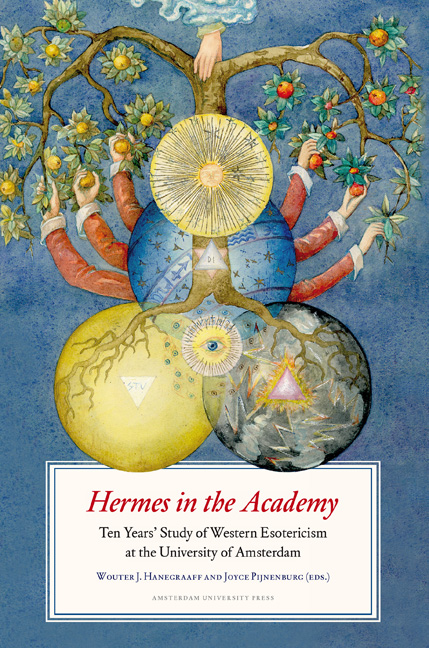Danish Esotericism in the 20th Century: The Case of Martinus
Published online by Cambridge University Press: 20 January 2021
Summary
The study of Western esotericism has been developing rapidly in recent years, as witnessed by the establishment of several academic chairs, a major scholarly journal, and an ever-increasing stream of monographs and articles of the highest quality. Although the main currents and personalities particularly in English-, German- and French-speaking countries are charted, for example, in a standard reference work like the Dictionary of Gnosis and Western Esotericism, much more work needs to be done to increase our knowledge of esotericists in other parts of the world: Eastern Europe, Russia, the Balkans, the Baltic states, Scandinavia and elsewhere. In these areas, further scholarship will no doubt identify local developments of international currents, as well as individuals who may be less well known internationally but who often play a very important role in a regional or national context. For the Scandinavian context, information on these esotericists and esoteric currents will become available to an international readership in the form of a large reference volume, a work in progress under the editorship of Henrik Bogdan and myself.
Martinus Thomsen, the topic of the following pages, is one such regional Scandinavian celebrity, a man so well known in his own country that his name is a household word among “spiritual seekers,” yet so obscure outside the Nordic countries that he is not even mentioned once in the aforementioned Dictionary.
A First Introduction
Over a period of several decades, beginning in the 1930s, the Dane Martinus Thomsen (1890–1981), generally referred to by his first name only, produced a substantial corpus of texts outlining a complex cosmology and anthropology. This doctrinal corpus shows signs of combining a variety of elements current in the cultural repertoire of the early 20th century. Various elements of Martinus’ doctrines are reminiscent of themes from the theosophical and Christian traditions. Thus, according to Martinus, the entire cosmos is a living entity, striving to evolve towards ever-higher spiritual levels. Human beings participate in this evolutionary process, the concepts of brotherly love, karma and reincarnation being central to Martinus’ understanding of spiritual evolution. Another contemporary parallel is the then current positivistic philosophy: Martinus’ doctrines are variously described in his publications and in those of his followers as a logical description of the cosmos, a mathematical world analysis and as a spiritual science. Yet another is the non-figurative art of the period.
- Type
- Chapter
- Information
- Hermes in the Academy , pp. 91 - 102Publisher: Amsterdam University PressPrint publication year: 2009



